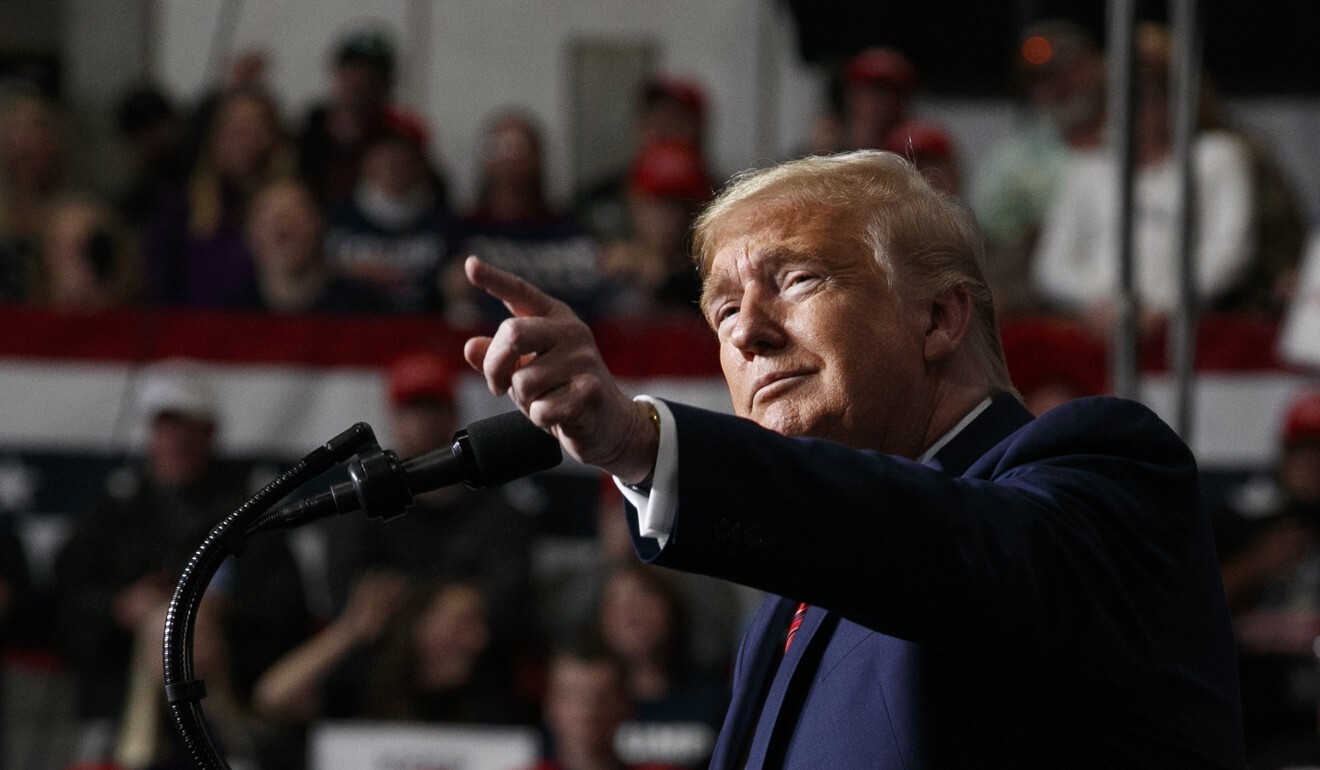
TSMC to build US$12 billion chip plant in Arizona with US government support
- Taiwan Semiconductor Manufacturing Co is locating its next major fabrication facility in the US, in a potential realignment of global trade
- The move is a victory for the Trump administration, which has pushed for more hi-tech manufacturing to return to the US
Taiwan’s largest company confirmed on Friday it is locating its next major fabrication facility in the US state, a victory for a Trump administration that has pushed for more hi-tech manufacturing to return to the US.
TSMC had negotiated a deal with the administration to manufacture semiconductors in the US to create jobs and produce sensitive components domestically for national security reasons, according to people familiar with the situation.
TSMC – the largest and most advanced maker of chips for other companies – had weighed everything from cost considerations to its global supply chain ahead of the decision.
US mulls cutting Huawei off from global chip suppliers like Taiwan’s TSMC
That makes TSMC a crucial part of many electronic devices, such as smartphones, laptops, servers running the internet, and corporate and government computer networks.
“TSMC welcomes continued strong partnership with the US administration and the State of Arizona on this project,” the company said in a statement. “This project will require significant capital and technology investments from TSMC. The strong investment climate in the United States, and its talented workforce make this and future investments in the US attractive to TSMC.”
Construction is planned to begin in 2021 and production is targeted to begin in 2024, the company said. Upon completion, the facility will crank out 20,000 wafers a month and create 1,600 jobs.
A cutting-edge fab is expensive to build. TSMC spent NT$500 billion (US$17 billion) to build an advanced facility in the southern Taiwanese city of Tainan that will churn out components for new iPhones this year. It is planning another US$16 billion in capital spending this year.
“There is a cost gap, which is hard to accept at this point. Of course, we have – we are doing a lot of things to reduce that cost gap,” TSMC chairman Mark Liu said on a recent analyst conference call, referring to fabs, the industry term for chip factories.
TSMC’s US$15 billion splurge galvanises hope of a 5G-led rebound
If the federal government provides cash for a US plant, it will mark a shift in policy and rhetoric from a Republican administration.
US President Donald Trump’s White House has rarely supported such direct industrial intervention, favouring market dynamics. However, emerging trends may be forcing a reconsideration.

Shares of Applied Materials, Lam Research and KLA rose on optimism that these US-based providers of chipmaking equipment may face fewer export controls when supplying TSMC.
By producing chips for many of the leading tech companies, TSMC has amassed the technical know-how needed to churn out the smallest, most efficient and powerful semiconductors in the highest volumes.
Concentrating such valuable capabilities in the hands of one company in Asia is a concern for the US especially when, across the Strait of Taiwan, China is rushing to develop its own semiconductor industry.

